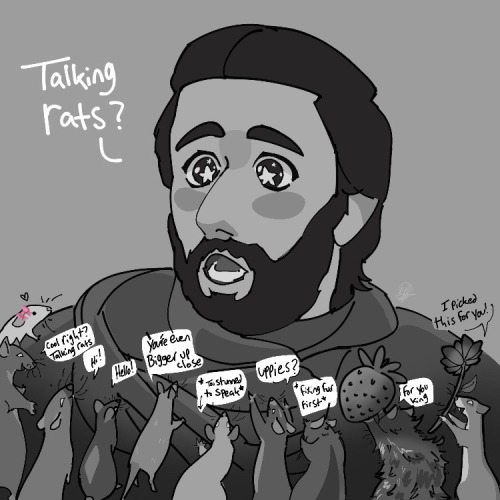Audiences- Assassin's Creed
ALBERT BANDURA
Bandura can be described as media pessimist. He essentially argued that:
the media can implant ideas in the mind of the audience directly.
audiences acquire attitudes, emotional responses and new styles of conduct through modelling.
media representations of transgressive behaviour, such as violence or physical aggression, can lead audience members to imitate those forms of behaviour.
e.g. Donald trump domestic terrorism in supermarket in Ohio and Texas, preaches that video games’ culture are relevant to this violence and a cultural change needs to be made and video games should be reduced
BOBO DOLL EXPERIMENT
GEORGE GERBNER- Cultivation theory is similar in ways
HENRY JENKINS
Key concept: Textual poaching – where fans write stories in response to existing media products.
Jenkins is a digital optimist who largely touts the benefits of digital culture.
Believes that fans play a big role in media (due to domestic technology) e.g. comment, liking, sharing, contributing, interacting, edits, fan fictions, fan made blogs and memes e.g. Assassins Creed
His audience theory can be seen as an extension of Hall’s, because he argues that fan responses often produce oppositional readings.
He argues that:
- fans are active participants in the construction and circulation of textual meanings.
- fans appropriate texts and read them in ways that are not fully authorised by the media producers (‘textual poaching’)
- fans construct their social and cultural identities through borrowing and inflecting mass culture images, and are part of a participatory culture that has a vital social dimension.
Jenkins argues that fans construct their social and cultural identities through borrowing and inflecting mass culture images, and are part of a participatory culture that has a vital social dimension.
Jenkins argues that fans construct their social and cultural identities through borrowing and inflecting mass culture images, and are part of a participatory culture that has a vital social dimension.|
Similar to Blumler & Katz
Textual poaching in Assassin’s Creed:
Fan edits on YouTube Basim | Royalty | Assassin's Creed Mirage 4K Edit
Fanfictions
Cosplays on TikTok (conventions, halloween events)
Fanart on Tumblr on the main character and the storyline

You will now use your notes and points to produce three PEEL paragraphs.
REMEMBER:
The POINT is the first sentence of each paragraph. This introduces the point you will explore.
The EXPLANATION provides greater elaboration and detail.
The EVIDENCE is the detailed example, using your knowledge of the set product (in this case the Assassin’s Creed franchise).
The LINK to the next paragraph or to the exam question.